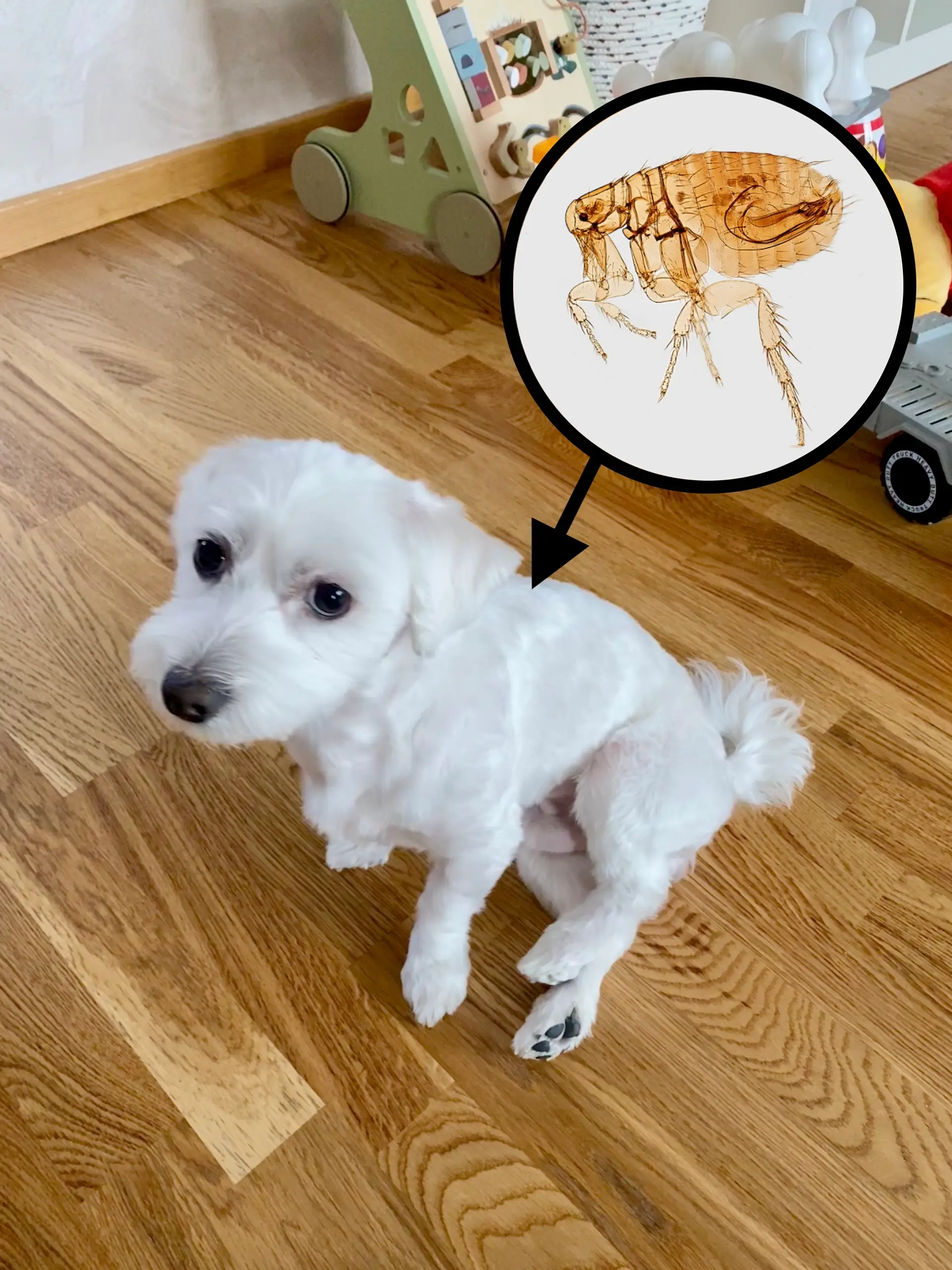Fleas on your Maltese can quickly turn a joyful pet experience into a nightmare, causing discomfort and health risks for your furry friend. Tackling these tiny parasites effectively and safely is vital to keeping your Maltese happy and healthy. This guide shares trusted, safe methods to eliminate and prevent fleas while protecting your beloved companion.
Why Fleas Are a Problem for Maltese Dogs
Fleas are more than just an itchy nuisance for Maltese dogs. These pests can cause severe itching, allergic reactions, and even transmit diseases. Given the Maltese’s delicate skin and small size, flea infestations can quickly escalate, making prompt and safe treatment essential. Moreover, fleas reproduce rapidly, meaning even one flea can lead to a full-blown infestation in your home and on your pet.
Safe Flea Prevention Options for Maltese
Prevention is the most effective strategy against fleas. Many dog owners worry about harmful chemicals in flea medications, especially for sensitive breeds like the Maltese. Fortunately, several natural and vet-approved options exist that provide safe protection without compromising your dog’s health.
- Natural Insect Repellents: Organic balms made from ingredients like peppermint oil, cedarwood, lavender, and shea butter can repel fleas without chemicals. For example, Curealia Pure Natural Insect Repellent is a chemical-free balm effective for tiny Maltese dogs. Apply a pea-sized amount to the back of the neck and other problem areas, working it gently into the skin.
- Vet-Recommended Flea Medications: Monthly flea treatments, available as topical drops or chewable tablets, protect your dog from fleas and other parasites such as ticks and tapeworms. Credelio Quattro is an example of a broad-spectrum preventive that kills nearly all fleas within a day and protects against multiple parasites. Always consult your veterinarian to choose the safest treatment for your Maltese’s specific needs.
- Flea Collars: Some flea collars are designed to be safe for small dogs and provide long-lasting protection. These collars release safe ingredients gradually to prevent flea infestations.
Effective Flea Removal Methods

When fleas have already infested your Maltese, a multi-step approach is necessary to eliminate them completely and prevent re-infestation.
- Daily Flea Combing: Use a fine-toothed flea comb daily to remove fleas and flea eggs. The comb should be used over a sink or bathtub so that fleas can be drowned in soapy water. Repeated sessions are crucial until no fleas are found.
- Medicated Baths and Shampoos: Bathing your Maltese with flea-control shampoos can help remove fleas on contact and soothe irritated skin. Look for shampoos labeled safe for small breeds and sensitive skin.
- Topical or Oral Flea Treatments: Administer vet-approved flea medications as recommended. Combining these with natural repellents can increase effectiveness and reduce the chance of resistance.
- Environmental Cleaning: Flea eggs and larvae live in carpets, bedding, and upholstery. Vacuum your home thoroughly, especially where your Maltese sleeps and plays. Wash all pet bedding in hot water regularly. Outdoors, keep grass trimmed and remove leaf piles where fleas can thrive.
Natural vs. Chemical Flea Control: What You Need to Know
Many Maltese owners prefer natural flea control methods due to concerns over chemical side effects. The FDA has warned about potential adverse reactions to some chemical flea treatments, including neurological symptoms. While chemicals can be highly effective, fleas can develop resistance over time, making natural options appealing as complementary treatments.
Natural methods utilize essential oils and organic ingredients that repel fleas without harsh chemicals. They generally have a lower risk of side effects and are suitable for sensitive Maltese puppies and adults. However, they might require more frequent application and diligence in environmental management.
Consult your veterinarian to weigh the benefits and risks of each approach. Often, using chemical flea preventives alongside natural repellents offers the best protection, balancing effective flea control with safety.
Step-by-Step: How to Rid Your Maltese of Fleas
- Step 1: Confirm Flea Presence. Use a flea comb to check for fleas or flea dirt (tiny black specks). Look especially around the neck, belly, and tail base.
- Step 2: Bathe Your Maltese. Use a vet-approved flea shampoo to kill adult fleas and relieve itching.
- Step 3: Apply Flea Treatment. Follow your vet’s advice on topical or oral flea medication. Ensure the product is safe for small breeds like Maltese.
- Step 4: Use Natural Repellents. Apply an organic flea balm to boost protection, especially in sensitive areas.
- Step 5: Comb Daily. Use a flea comb daily for 10-14 days to catch any newly hatched fleas.
- Step 6: Clean Your Home. Vacuum floors, pet bedding, and furniture thoroughly; wash bedding weekly in hot water.
- Step 7: Outdoor Management. Keep your yard clean and trim to reduce flea habitats.
- Step 8: Repeat if Needed. Flea life cycles can last several weeks. Continue treatments as recommended to ensure full eradication.
Preventing Future Flea Infestations

Consistent prevention is key to keeping your Maltese flea-free. Incorporate monthly flea preventives, frequent environmental cleaning, and regular grooming into your routine. Using natural repellents during flea season can also increase protection. Additionally, monitor your Maltese’s skin health and behavior closely to catch early signs of fleas.
Another helpful tip is to maintain your Maltese’s overall health through a balanced diet and regular vet visits, as healthy dogs tend to repel parasites better naturally.
Final Thoughts: Safe Flea Care for Your Maltese
Fleas are a common yet serious problem for Maltese dogs, but with the right approach, they can be effectively controlled and prevented. Prioritize safe, vet-approved treatments and consider natural options to protect your delicate Maltese without exposing them to harsh chemicals. Remember, a flea-free dog is a happy, healthy companion, so proactive care and vigilance pay off in the long run.

Leave a Reply